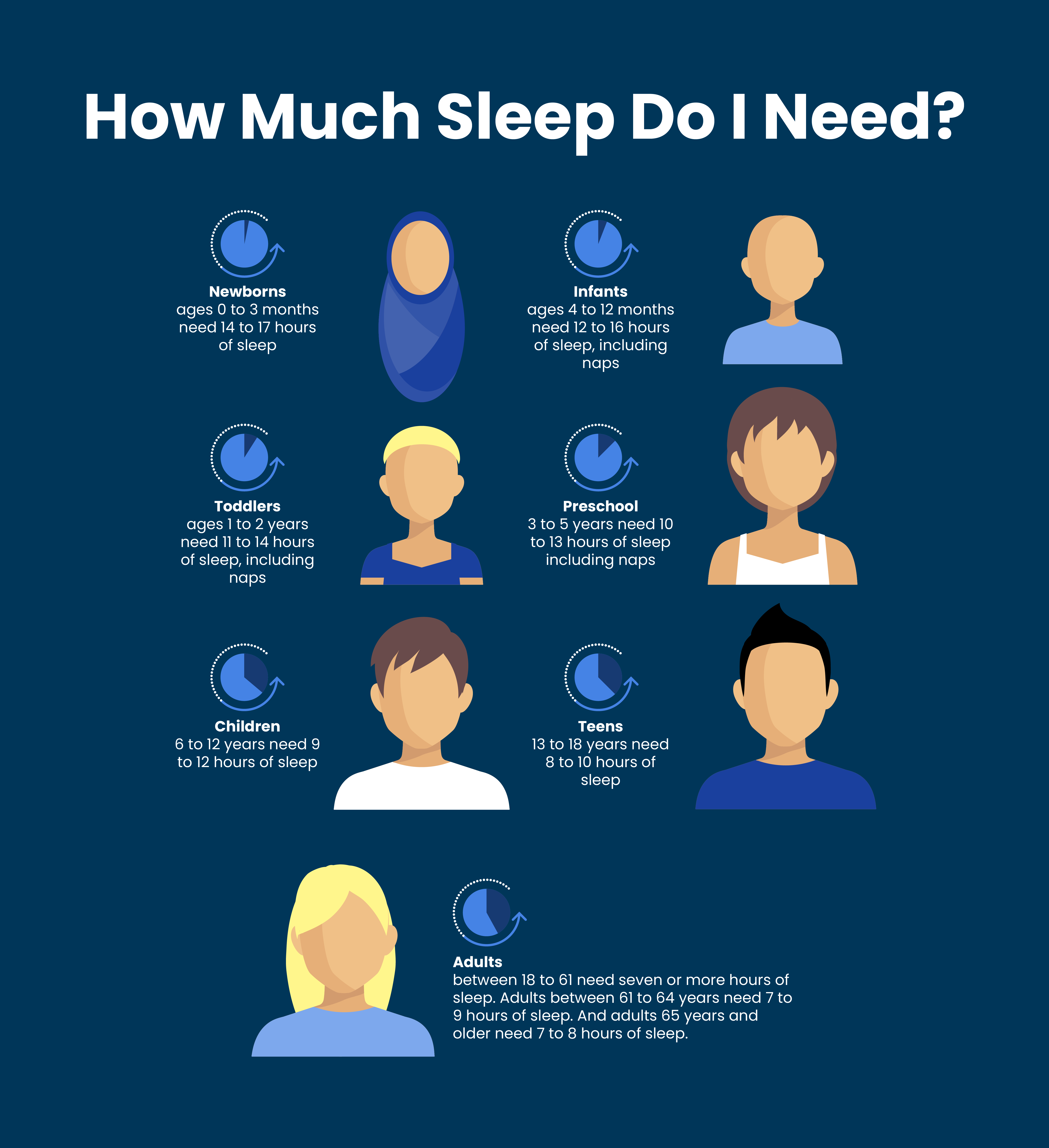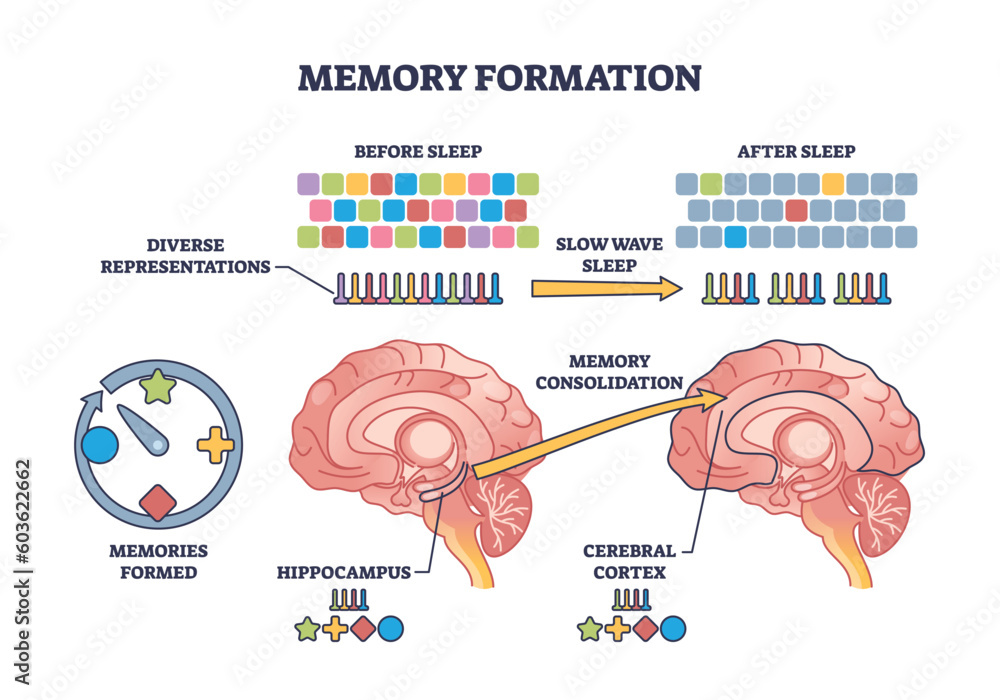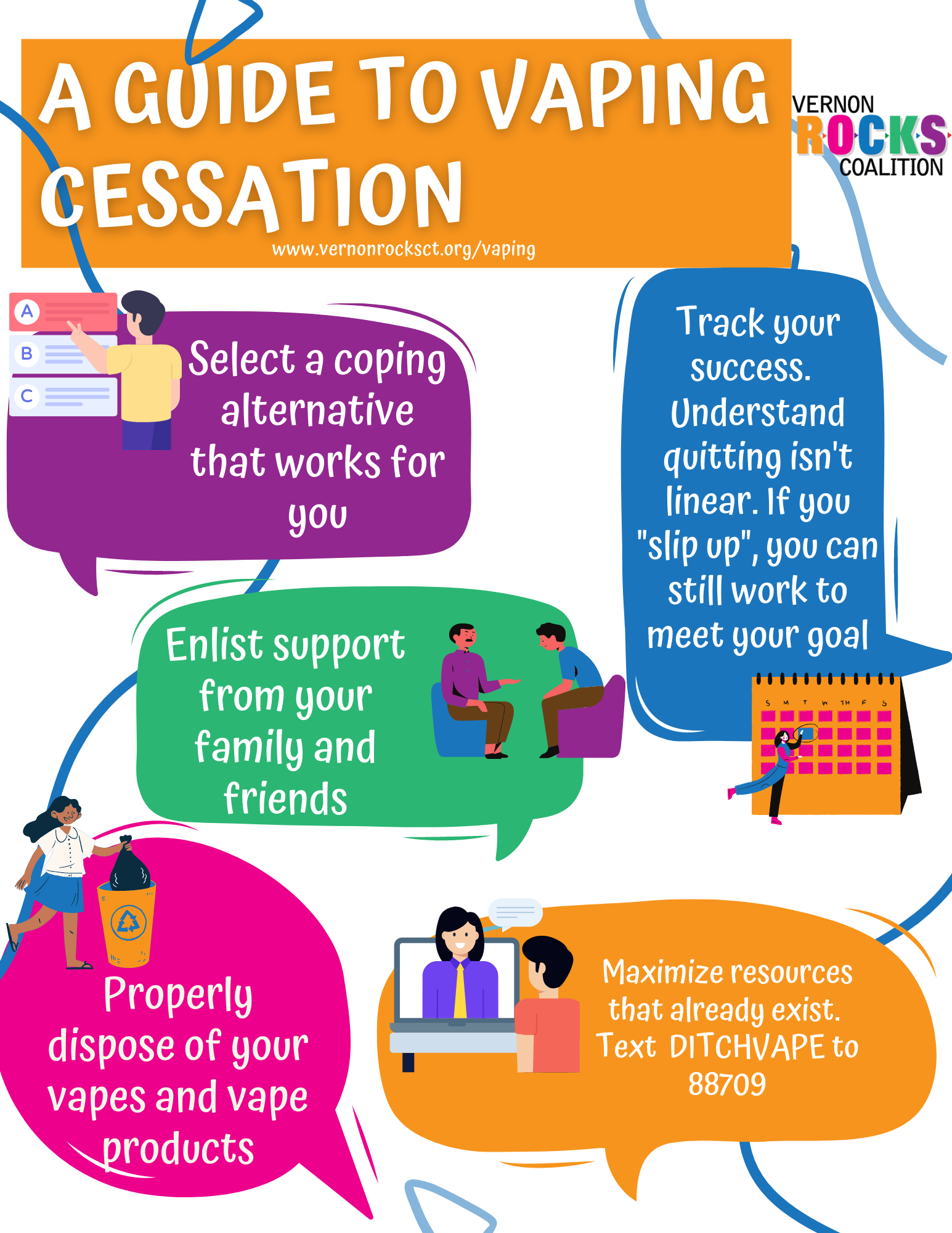How much sleep do you need? Understanding this question is crucial for maintaining overall health and well-being. Experts recommend that adults aim for 7 to 9 hours of quality sleep each night, as insufficient rest can lead to various sleep disorders and detrimental effects on mood and cognitive function. To enhance your sleep schedule, consider implementing sleep tips such as creating a calming bedtime routine and limiting screen time before sleep. By prioritizing the importance of sleep, you can improve not only your night’s rest but also your daily productivity and quality of life.
Determining the right amount of rest required for optimal functioning can be perplexing. Sleep duration varies widely from person to person, influenced by factors like age and lifestyle. Understanding your unique sleep needs is vital for combating fatigue and enhancing mental clarity. Recommendations suggest that adults should strive for adequate nightly rest to prevent the onset of exhaustion and mood swings associated with sleep deprivation. By exploring effective strategies for a good night’s sleep, individuals can ultimately foster better sleep health and emotional well-being.
Understanding Your Sleep Needs
How much sleep do you need? The answer varies significantly from person to person, influenced by genetic makeup, lifestyle, and overall health. Research suggests that most adults require between 7 to 9 hours of sleep per night. However, individual needs may differ; some people might find that they function well on 6 hours, while others may need up to 10 hours to feel truly rested. A good way to gauge your personal sleep requirement is to observe your sleep patterns over an extended period without the interference of an alarm. This process allows your body to naturally dictate how much rest it truly needs.
The importance of sleep cannot be overstated, as it plays a crucial role in physical health and emotional well-being. Insufficient sleep has been linked to various issues, including increased stress levels, impaired cognitive function, and a higher risk for chronic conditions such as obesity and heart disease. By paying attention to how rested you feel upon waking and adjusting your sleep habits accordingly, you can better align your individual sleep needs with your daily responsibilities.
Tips for Improving Sleep Quality
Establishing a bedtime routine can significantly enhance your ability to fall asleep and stay asleep. This includes activities that promote relaxation, such as taking a warm bath, engaging in light reading, or practicing mindfulness techniques. Avoiding stimulating activities, especially watching horror movies or using electronic devices that emit blue light, can also help signal to your brain that it’s time to wind down. Creating an environment conducive to sleep, such as dimming the lights and keeping the bedroom cool, can further support your body’s natural readiness for rest.
In addition to environmental adjustments, paying attention to your dietary habits can also improve sleep quality. Consuming caffeine or heavy meals close to bedtime can lead to sleep disturbances. Instead, incorporate sleep-friendly snacks if you’re hungry, like bananas or almonds, which contain nutrients that promote relaxation. If you find yourself frequently awake at night or struggling to fall asleep, consider consulting a sleep specialist to rule out potential sleep disorders.
Sleep Disorders: Signs and When to Seek Help
Identifying whether you suffer from a sleep disorder is essential for long-term health. Common symptoms of sleep disorders include constant fatigue, difficulty staying asleep, or waking up feeling unrefreshed despite a full night of sleep. Conditions such as sleep apnea, insomnia, or narcolepsy require professional diagnosis and treatment. If you or someone close to you notices patterns like excessive snoring, frequent waking throughout the night, or extreme daytime sleepiness, it may be time to consult a sleep doctor for an evaluation.
Through early diagnosis and intervention, many sleep disorders can be managed effectively. Treatments range from lifestyle changes and behavioral therapies to medication in some cases. For example, cognitive-behavioral therapy has shown considerable efficacy for insomnia by helping individuals identify and modify thoughts and behaviors negatively impacting their sleep. Recognizing the signs of sleep disorders allows for timely action, ultimately leading to improved sleep health and better overall quality of life.
The Role of Supplements in Sleep Management
While many individuals look to supplements like melatonin to help regulate sleep patterns, it’s essential to approach these products with caution. Melatonin is not regulated by the FDA, which means the quality and dosage can often be inconsistent from product to product. It’s recommended that anyone considering melatonin should consult with a healthcare professional, particularly if they seek pharmaceutical-grade options. Alternatives to melatonin include lifestyle adjustments and cognitive therapies, which can offer long-term solutions without the dependency associated with some supplements.
In addition to melatonin, various natural supplements and tools, such as chamomile tea or lavender aromatherapy, can promote relaxation and prepare the mind for sleep. However, it is vital to note that reliance solely on supplements without addressing underlying issues—such as stress, anxiety, or poor sleep hygiene—will not achieve lasting results. A comprehensive approach that combines healthy sleep practices with appropriate supplementation can lead to more effective sleep management.
Creating a Sleep-Conducive Environment
Transforming your bedroom into a sanctuary for sleep can significantly impact both the quantity and quality of your rest. Start by ensuring your sleeping space is dark, quiet, and maintained at a cool temperature. Consider investing in blackout curtains to prevent outside light from disrupting your sleep cycle and utilize white noise machines or earplugs to block out disruptive sounds. Creating a comforting atmosphere with your choice of bedding and pillows that suit your preferences can help make your bedroom a sleep haven.
Decluttering your bedroom is another often-overlooked strategy. A tidy space reduces distractions and can even help ease feelings of stress and anxiety that may interfere with your ability to fall asleep. Moreover, reserving your bed primarily for sleep—rather than for activities such as work or watching television—can reinforce mental associations with rest. Taking these proactive steps to create a sleep-friendly environment can lead to more restful nights and refreshing mornings.
The Impact of Lifestyle Choices on Sleep
Your daily habits and lifestyle choices significantly influence your sleep quality. Regular physical activity is essential for fostering better sleep; however, exercising too close to bedtime can have the opposite effect. Aim for at least 30 minutes of moderate exercise most days, ideally in the morning or early afternoon. Balancing physical activity with healthy eating habits, including a diet rich in fruits, vegetables, and whole grains, also contributes to restorative sleep.
Other lifestyle factors, such as consistent sleep schedules and stress management, cannot be ignored. Going to bed and waking up at the same times every day helps regulate your body’s internal clock, ultimately leading to better sleep over time. Furthermore, incorporating stress-relief techniques such as yoga or meditation can calm the mind and reduce tension, making it easier to drift off each night.
Sleep Myths: Debunking Misconceptions
Understanding sleep myths is crucial for making informed choices about your sleep health. One common misconception is the belief that everyone needs exactly eight hours of sleep. While this amount is a general recommendation, it is influenced by various personal factors. For example, teenagers and children typically require more sleep than adults for their growth and development. Knowing that sleep needs are not one-size-fits-all can help foster healthier sleep practices.
Another notable myth is that alcohol promotes better sleep. While some individuals may turn to alcohol as a sleep aid, it can disrupt sleep patterns and impair REM sleep. Rather than enhancing sleep, alcohol can leave you feeling groggy and unrefreshed the next day. Debunking these myths through accurate information empowers individuals to make better choices surrounding their sleep routines and overall health.
Exploring Sleep Technology and Apps
In the digital age, sleep technology and applications have gained popularity as tools to improve sleep habits. Sleep-tracking devices, which monitor your sleep patterns and provide insights on your sleep quality, can be beneficial if used properly. These insights can help you understand your sleep cycles and identify areas for improvement. While technology can enhance awareness of your sleep habits, reliance solely on devices without implementing lifestyle changes may not yield significant results.
Additionally, many apps offer guided meditations or sleep soundtracks designed to help users relax before bedtime. These applications can serve as useful tools in establishing a calming pre-sleep routine, making it easier to drift off. Nevertheless, it’s important to ensure that the blue light emitted by screens from phones or tablets is minimized in the hour before going to bed, as this can hinder your ability to fall asleep. Balancing technology usage while prioritizing sleep hygiene practices is key for achieving better sleep.
The Importance of Napping for Sleep Health
Napping can be a powerful tool when it comes to achieving optimal sleep health, especially for those who struggle with nighttime sleep or work irregular hours. Short naps of 20-30 minutes can alleviate fatigue and boost cognitive performance without interfering with nighttime sleep. However, longer naps or napping late in the day can have adverse effects, as they may disrupt your circadian rhythm and make it challenging to fall asleep at night.
It’s essential to consider your individual daytime needs when incorporating naps into your routine. If you find yourself consistently feeling drowsy during the day, evaluate your nighttime sleep quality and the total amount of rest you’re getting. If napping is necessary, aim to keep it brief and ideally earlier in the afternoon. Learning how to balance napping with sufficient nighttime rest ensures you can make the most of both, supporting your overall sleep health.
Frequently Asked Questions
How much sleep do you need as an adult?
As an adult, the recommended amount of sleep generally falls between 7 to 9 hours per night. This range ensures that most individuals can function optimally and reduce the risk of sleep disorders. However, the precise amount of sleep you need can vary widely based on personal factors and lifestyle.
How much sleep do you need for optimal health?
To achieve optimal health, most adults need 7 to 9 hours of sleep each night. The importance of sleep cannot be overstated as it plays a crucial role in cognitive function, emotional regulation, and overall well-being. Insufficient sleep can lead to various health issues, including weight gain and chronic diseases.
What are the sleep recommendations for teenagers?
Teenagers typically require more sleep than adults, with recommendations suggesting 8 to 10 hours per night. This higher amount of sleep is essential for their physical growth, cognitive development, and emotional health. Encouraging healthy sleep habits can help mitigate sleep disorders that commonly affect this age group.
How much sleep do you need if you feel unrefreshed after 8 hours?
If you often feel unrefreshed after sleeping for 8 hours, it may be time to evaluate your sleep quality. Issues like sleep apnea or insomnia could be preventing restorative sleep. Consulting a sleep doctor can help you identify any underlying sleep disorders affecting how much sleep you actually need.
What sleep tips can help if you struggle to fall asleep?
To improve your ability to fall asleep, consider establishing a calming pre-sleep routine: limit screen time, create a dark and quiet environment, and avoid caffeine late in the day. These sleep tips can help signal to your body that it’s time to relax and prepare for the sleep you need.
How does age affect how much sleep do you need?
As people age, the quality and duration of sleep tend to change. Older adults may find they need slightly less sleep, around 7 to 8 hours. However, the importance of sleep remains significant, as it helps manage cognitive functions and physical health into later years.
What impact do sleep disorders have on how much sleep do you need?
Sleep disorders can significantly disrupt your sleep cycle and alter how much sleep you need for optimal rest. Conditions like insomnia or sleep apnea can prevent you from achieving restorative sleep, meaning you may require more sleep than usual to feel refreshed.
Is melatonin effective in determining how much sleep do you need?
Melatonin can help regulate sleep cycles, but it isn’t a definitive solution for determining how much sleep you need. It’s best viewed as a short-term aid. For long-term sleep problems, addressing sleep environment and cognitive behavioral therapy is typically more effective.
How much sleep do you need with a shift work schedule?
Individuals working shift schedules may need to rely on strategic naps and aim for 7 to 9 hours of quality sleep during their off-hours. Adjusting sleep patterns gradually can help mitigate the negative effects of shift work on overall sleep needs.
| Key Points |
|---|
| The amount of sleep you need varies by person; it’s often how much you get without an alarm clock. |
| You may need to assess your sleep needs by monitoring yourself for three to four days without being awakened by an alarm. |
| If you feel unrefreshed after several nights of sleep, consider consulting a sleep doctor for potential sleep disorders. |
| Napping can be beneficial, especially for night shift workers or if you can’t get enough sleep at night. |
| Avoid stimulating activities before bed, such as watching horror movies or consuming caffeine. |
| Melatonin supplements are not FDA-regulated; pharmaceutical-grade variants are recommended if necessary. |
| Cognitive behavioral therapy is favored for long-term insomnia treatment over medications. |
| Sleep aids like podcasts or sound machines are acceptable if they help you sleep but ensure safety. |
Summary
How much sleep do you need can vary widely among individuals, making it an important question for overall health. On average, adults may require 7 to 9 hours of sleep to function optimally, but personal needs can differ based on lifestyle and health. To find your ideal amount, monitor your natural sleep patterns when allowed to sleep without interruption. If you’re consistently waking unrefreshed or experiencing sleep issues, consulting a sleep specialist may be beneficial. Adopting calming pre-sleep routines and avoiding stimulants is crucial for improving sleep quality. Remember, your sleep needs may evolve with age, activities, and health conditions, so stay attuned to your body’s signals.







